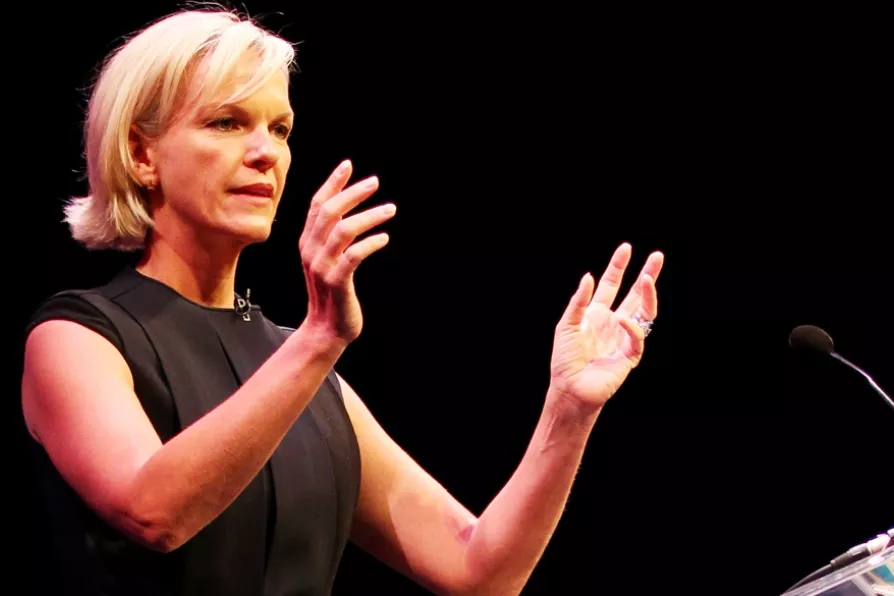GEOFF BOTTOMS appreciates the local touch brought to a production of Dickens’s perennial classic

 Elisabeth Murdoch, daughter of media mogul Rupert Murdoch
Elisabeth Murdoch, daughter of media mogul Rupert Murdoch
THE NEOLIBERAL ideology that has dominated our culture for half a century is crumbling to pieces.
The government is desperately trying to patch together support for its reactionary, oppressive policies and, among the chaos, conflicts and injustices of Brexit, Grenfell Tower, gender inequality, and sexual harassment, Arts Council England (ACE), which exists to provide public subsidy to cultural institutions, decides it needs new council members.
So who do you think is appointed by the Tory government in order to defend and promote the imposition of corporate, capitalist values in art and culture? Who might have the relevant qualifications and experience at privatising the arts and preventing the creation and consumption of art from becoming a communal, anti-capitalist and politically liberating force?

MIKE QUILLE applauds an excellent example of cultural democracy: making artworks which are a relevant, integral part of working-class lives

BEN LUNN alerts us to the creeping return of philanthropy and private patronage, and suggests alternative paths to explore












